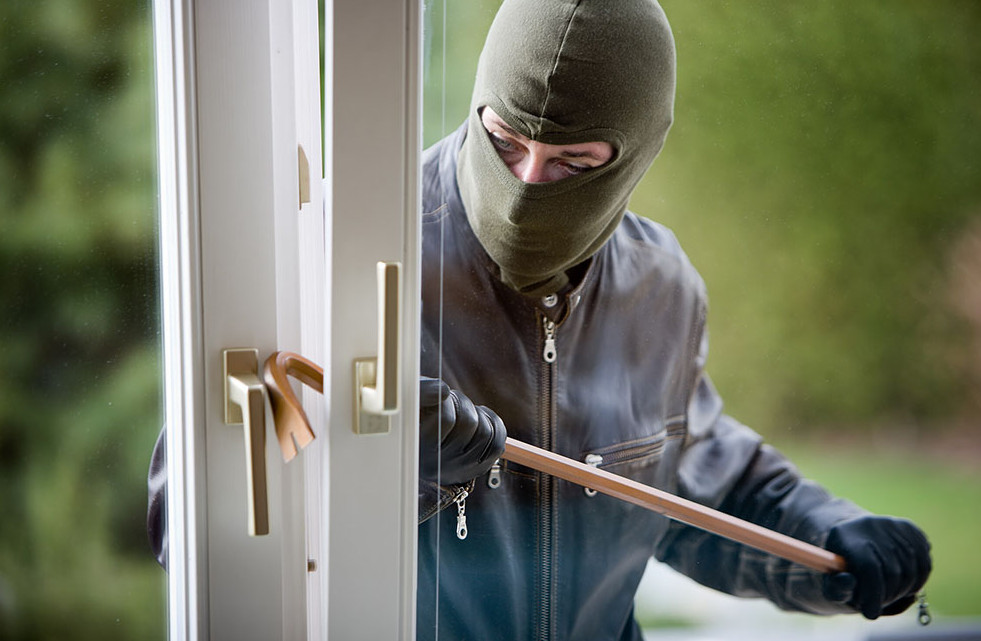Living anywhere in the world means putting yourself at risk of being vandalized. Florida is the same. Thefts happen all too often here. Fortunately, your insurance company offers coverage for this type of event. They’ll cover your losses if you file a theft & vandalism claim to them. But first, you need to understand your rights under this claim, and ProFloridian Public adjusters can help you with that!
Know Your Theft & Vandalism Damage Coverage
Theft and vandalism events could result in any type of property damage. The thieves will break through the front door or shatter a back window, ravage your home, damage the furniture, and steal your valuables. All that is a loss for you. This loss needs to be compensated by the insurance company if you file a claim.
But first, they’ll need to assess your situation and see whether you’re to blame for the break-in or not. With a public adjusting firm at your service, you’ll have an easier time proving your innocence to the insurance company. ProFloridian Public Adjusters will help you understand your insurance policy and how you can use it to your advantage.
The homeowner’s insurance policy contains all the key details about theft and vandalism, filing a claim, and your responsibilities during such an event. Let us clarify your confusion and make the claim procedures easier!
Covered Perils
Every insurance policy covers specific perils or types of damage. If you have All Risk coverage (Open Perils or Named Perils policy), the policy only covers named perils and ignored everything else. It’s a limited and cheaper alternative to broader types of coverage, in other words. However, every insurance policy will have exclusions included in it.
ProFloridian Public Adjusters can analyze your insurance policy and explain your rights as the policyholder. Do you benefit from theft & vandalism coverage? If so, what does the policy covers, more exactly? Do you need to have receipts of all stolen items, to prove you possessed the items you claimed were stolen?
We’ll answer all these questions as soon as you call us!
RCV And ACV
The Replacement Cost Value and Actual Cash Value are two ways that insurance companies can calculate your payout for property damage claims. The RCV will subtract the deductible from the final payout, while the ACV will also subtract the depreciation value from your payout.
Simply put, you receive less money if the insurance company gives you the ACV. The RCV or replacement cost value covers all expenses associated with the repair expenses, aside from the deductible. It’s a more comprehensive form of a handout from the insurance company that will assist you more during the repair efforts.
If you’re confused about these two concepts, you can contact ProFloridian Public Adjusters at any time. We offer free consultations where we try to explain your rights as a policyholder and present your options in case of property damage. Even with theft and vandalism damage, we can help you obtain maximum compensation for your losses.
What About Deductibles?
When your home gets damaged, you need to pay for repairs. In most cases, you have to pay for repairs before receiving a payout from your insurance company. This out-of-pocket expense is called a deductible, which the insurance company won’t compensate. When you file a property damage claim, the maximum amount of money you can obtain is the difference between the deductible and the total repair costs.
You can’t get more than that because that would mean you’re making a profit. Legally, you’re not entitled to making a profit from your insurance policy. However, even obtaining maximum compensation is difficult without a public adjuster to help you out.
What Is a Damage Exclusion?
When you read about damage exclusions in your insurance policy, you might ask yourself what they are. Every insurance policy only covers specific types of damage and excludes others from the coverage. That’s what a damage exclusion is – a type of damage that your insurance policy doesn’t cover.
For instance, your insurance policy may cover fire damage, mold damage, roof damage, theft, and vandalism damage, but it may exclude hurricane damage. If your home is damaged during a hurricane, you aren’t entitled to any insurance payouts because your insurance policy excludes hurricane damage from the coverage.
What Do I Do in Case of Theft & Vandalism Damage?
If you fall prey to theft and vandalism attempts, the first thing you should do is assess your damage and take stock of your losses. You’ll need this when filing a theft and vandalism damage claim in Florida. The insurance company needs to know your exact losses if they are to offer coverage.
ProFloridian Public Adjusters has the best theft and vandalism damage public adjusters in the state. We’ll fight to defend your rights and obtain the best settlement you can get. Our goal is to cover all your losses, so feel free to call us at (954) 588-7416 or use our online form for more information!

